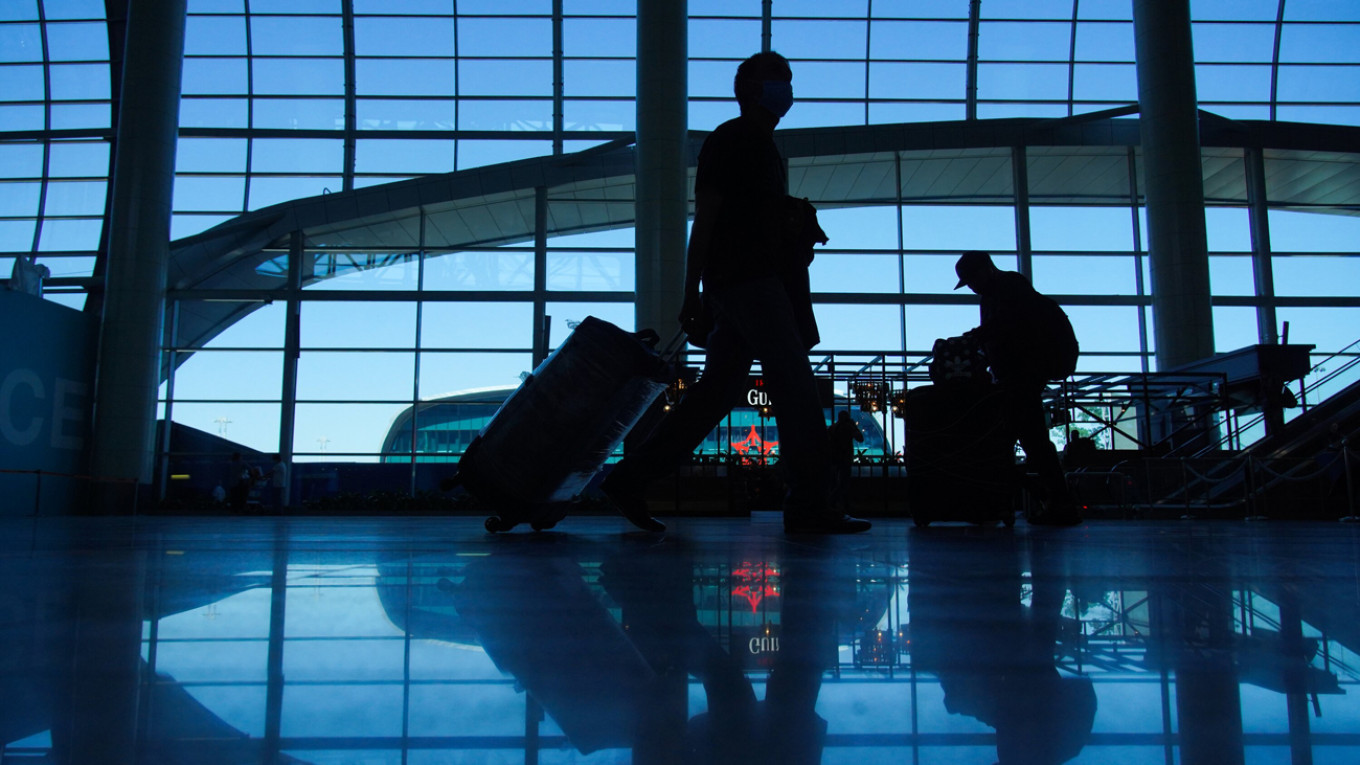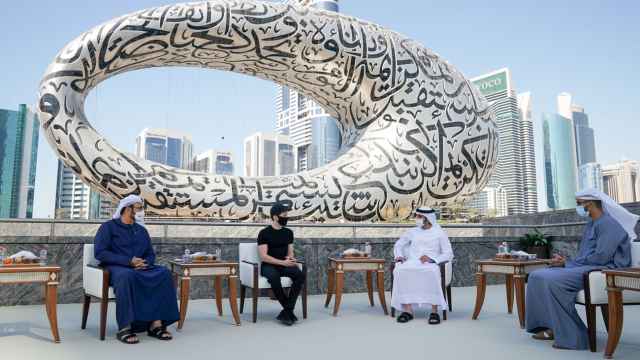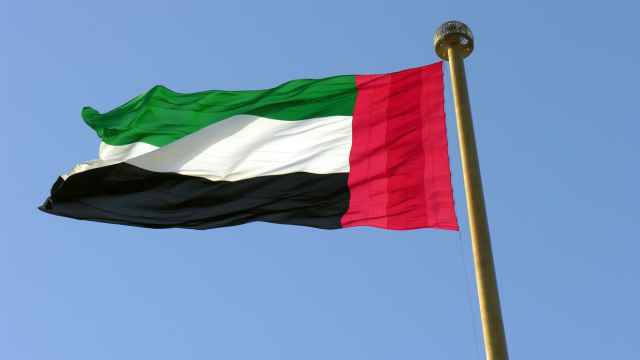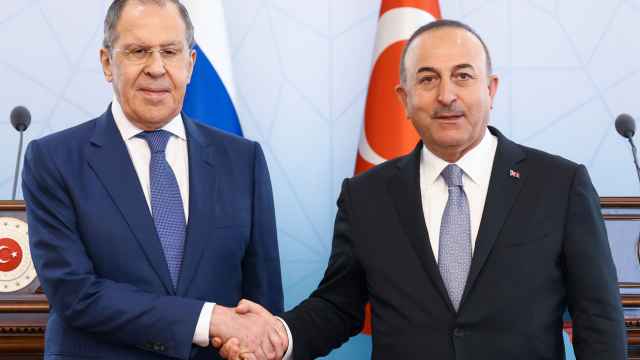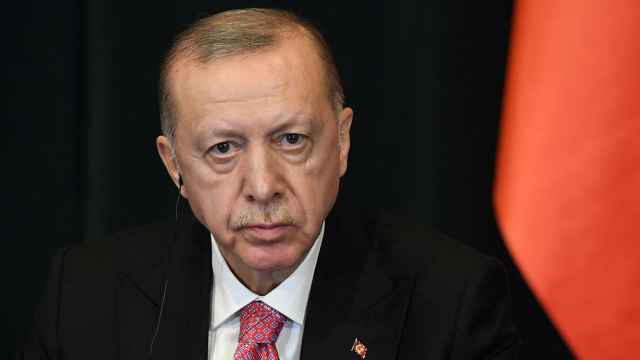Ever since the full-scale invasion of Ukraine began, there has been unprecedented demand for second passports and “domicile diversification” among worldly Russians. The draconian travel restrictions imposed on them by several Eastern Flank states in response to Vladimir Putin’s “special military operation” stoked fears of a blanket Schengen visa ban and other G7 economies following suit. Meanwhile, the “partial” mobilization drive of fall 2022 prompted scores of highly educated, white-collar Russian reservists previously ambivalent about setting down elsewhere to simply cut and run.
The multi-billion-dollar RCBI industry thrives on global chaos and instability. Investment Migration (IM) practitioners are often inundated with inquiries during times of global conflict, which primarily come from high-net-worth individuals (HNWIs) keen to buffer themselves against black swans. The ongoing war in eastern Europe is no exception. It has rattled wealthy Muscovites and the St. Petersburg bourgeoisie, whose hometowns are unlikely to remain sanctuaries for much longer as the fighting intensifies and amid President Volodymyr Zelensky’s repeated pledges to “bring the war home to Russia.”
Whereas rank-and-file draft dodgers of limited means made a beeline for neighboring states like Kazakhstan and Georgia that are easily accessible in terms of entry requirements and allow them to stay on for extended periods, those higher up the food chain opted to settle in destinations like Turkey and the United Arab Emirates. Aside from the exceptionally high quality of life their inhabitants enjoy, both Middle Eastern nations have attractive, well-established programs that ensure prospective emigres willing to pay top dollar to relocate there are welcomed with open arms.
The Turkish citizenship-by-investment option has proven wildly popular with Russian second-home seekers, who constitute the largest group of foreign property owners over the past five years. As a NATO member situated at the doorstep of mainland Europe, Turkey is considered a safe bet for real estate investors, notwithstanding the minimum outlay to qualify for fast-track naturalization rising from $250,000 to $400,000 two years ago. A major pull factor for newcomers from Russia is that they are not necessarily expected to assimilate into local society.
A similar argument applies to the UAE which, by virtue of its expat-centric composition, means most foreigners live in community-based bubbles and can get by without any proficiency in the official tongue. Thanks to the country’s sought-after “Golden Visa” that can be acquired either by purchasing a residential plot for $545,000 or depositing the same amount into an Emirati bank account, hundreds of thousands of Russian businessmen, techies, oil traders and social media influencers have planted their flag in Dubai, not to mention the multinationals that transferred their Moscow-based staff to the glitzy city-state after the war.
The fact that the Emirati authorities granted Telegram CEO Pavel Durov and fertilizer mogul Andrey Melnichenko citizenship back in 2021 speaks volumes about the exceptional treatment Abu Dhabi affords the billionaire Russian VIPs it currently hosts. This move is especially telling not only because the sheikhdom has long shortchanged the indigenous Bidoon people by leaving them with no conceivable pathway to nationality, but also considering its leadership’s track record of summarily invalidating dissidents’ passports, including members of the “UAE94” movement and their immediate relatives.
Rather than going for the jugular, the West has adopted an ineffective carrot-and-stick approach vis-à-vis Turkey and the UAE. It is worth recalling that these “neutral” countries were prematurely removed from the Financial Action Task Force (FATF) grey list earlier this year with no snapback mechanism. A subsequent OCCRP-led investigation, Dubai Unlocked, laid bare the pervasive use of Cypriot and Maltese passports by politically exposed persons (PEPs) from Iran, Afghanistan, Russia and Ukraine to purchase Dubai villas on the sly. Turkey, on the other hand, stands accused of conferring citizenship to high-ranking Hamas officials.
The main takers for Cyprus’ now defunct 2.5 million euro cash-for-passport initiative turned out to be Kremlin-linked oligarchs. An expansive laundry list of 219 suspicious figures has already had their travel documents rescinded under the existing Cypriot administration. Malta, by contrast, appears to have learned nothing from the equally problematic target audience its original citizenship-by-investment scheme drew and the 2017 assassination of investigative journalist Daphne Caruana Galizia. The Maltese government is now embroiled in a legal battle with the European Commission to keep its Malta Exceptional Investor Naturalization (MEIN) initiative, which naturalizes successful applicants within 36 months, up and running.
What started as a laudable and perfectly above-board endeavor by overextended Mediterranean nations to generate “sovereign equity” at the height of the 2015 Eurozone debt crisis has descended into glorified human trafficking. That Hungary decided to pile on and launch its own golden visa scheme last month as Russia and Belarus actively seek to destabilize the EU via hybrid warfare further exemplifies how the market for alternative residence has gone from the sublime to the ridiculous. Worse still, the ruling Fidesz party recently started issuing national cards on an expedited basis to inadequately vetted Russian and Belarusian “guest workers,” drawing concern for the bloc’s internal security.
When Pavel Durov and his brother Nikolai procured St. Kitts and Nevis passports a decade ago, their goal was that of many deep-pocketed Russians at odds with the siloviki today — namely, having an escape route chalked out and being able to travel freely in the event that the Kremlin decided to expropriate their assets and render them stateless as retribution for not toeing the official line. Citizenship- and residence-by-investment programs do their Russian beneficiaries and the federation writ large a major disservice by insulating its nouveau riche from the socio-economic ramifications of the Russo-Ukrainian war. Legacy Western powers must close ranks to deliver the already beleaguered RCBI circuit a final death blow.
A Message from The Moscow Times:
Dear readers,
We are facing unprecedented challenges. Russia's Prosecutor General's Office has designated The Moscow Times as an "undesirable" organization, criminalizing our work and putting our staff at risk of prosecution. This follows our earlier unjust labeling as a "foreign agent."
These actions are direct attempts to silence independent journalism in Russia. The authorities claim our work "discredits the decisions of the Russian leadership." We see things differently: we strive to provide accurate, unbiased reporting on Russia.
We, the journalists of The Moscow Times, refuse to be silenced. But to continue our work, we need your help.
Your support, no matter how small, makes a world of difference. If you can, please support us monthly starting from just $2. It's quick to set up, and every contribution makes a significant impact.
By supporting The Moscow Times, you're defending open, independent journalism in the face of repression. Thank you for standing with us.
Remind me later.


